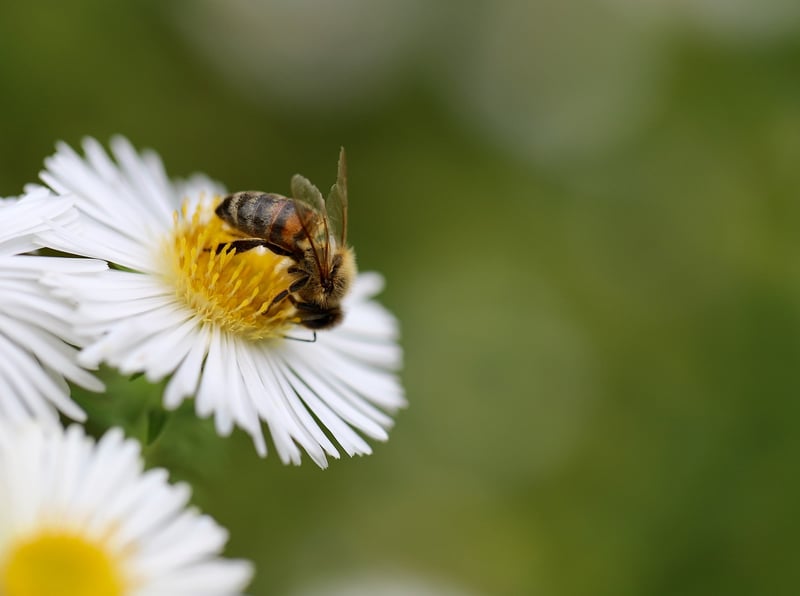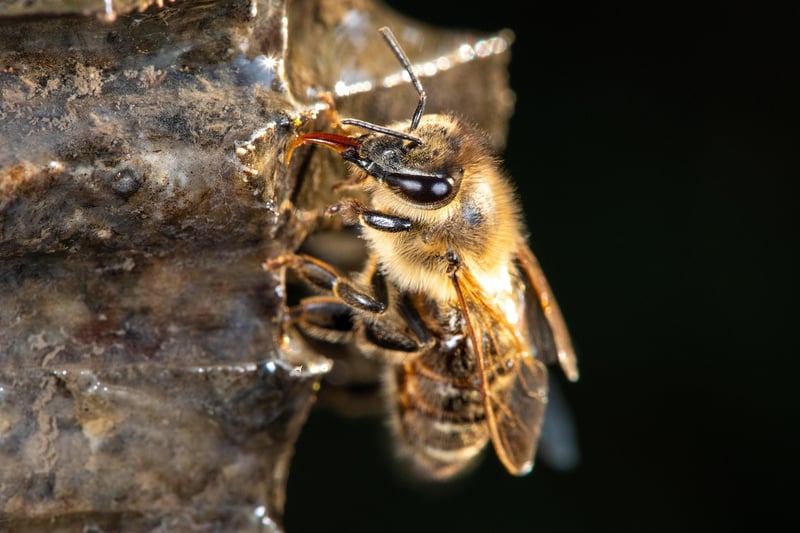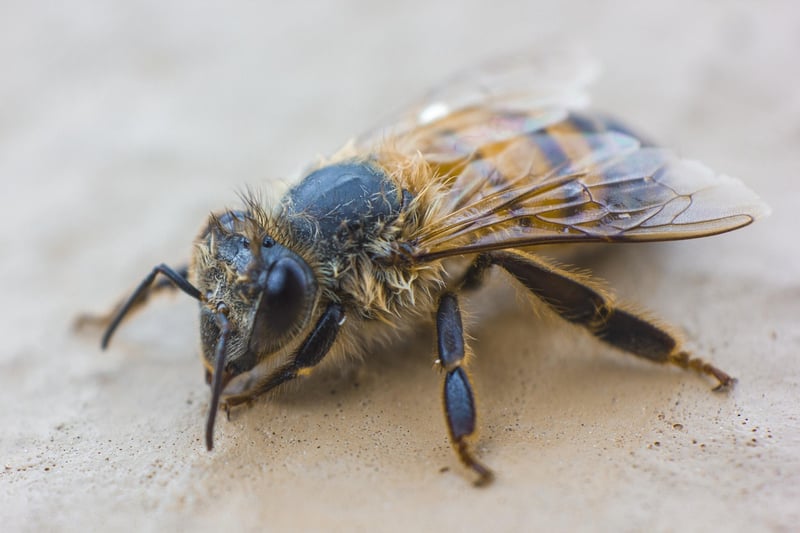Bee Habitats
Attracting Wildlife to Urban Areas: Creating Bee Habitats

The Importance of Bee Habitats in Urban Areas
Bees play a crucial role in pollination, aiding in the reproduction of plants and the production of fruits and vegetables. As urbanization continues to expand, creating suitable habitats for bees in urban areas becomes essential to support their population and maintain a healthy ecosystem.
Creating Bee-Friendly Gardens
1. Plant Native Flowers: Choose a variety of native flowering plants to attract bees with a diverse source of pollen and nectar.
2. Provide Water Sources: Bees need water, so consider adding a shallow water dish with pebbles for them to land on and drink safely.
3. Avoid Pesticides: Opt for natural pest control methods to avoid harming bees and other beneficial insects in your garden.
Building Bee Hotels
Bee hotels are artificial nesting structures that provide solitary bees with a safe place to lay their eggs. You can create bee hotels by using materials like bamboo, wood blocks with drilled holes, and twigs bundled together.

Community Efforts
Get involved in community initiatives to promote bee habitats in urban areas. Join local beekeeping clubs, participate in tree planting events, and advocate for pollinator-friendly practices in urban planning.
Conclusion
By creating bee habitats in urban areas, we can support bee populations, enhance biodiversity, and contribute to the overall health of our environment. Start small in your own garden and encourage others to do the same to make a positive impact on our ecosystem.
References: National Wildlife Federation, Pollinator Partnership
